By Dr. Hayu Prabowo, Chair of the Institute for Environmental & Natural Resources Breeding of the Indonesian Ulema Council (LPLH & SDA MUI)
Hello, future leaders!
Many major global risk reports reveal a harsh reality: our planet is facing significant environmental and climate change challenges.
These issues, including our struggles to adapt to a changing climate, natural disasters, extreme weather, and the loss of diverse plant and animal life, demand our urgent attention and collective action to safeguard our environment.
Also Read: The Forty-Four-Days of Glory: Azerbaijan’s Struggle for Justice and Peace
The Earth, our home, provides everything we need to survive and thrive. But we’re using up these resources too quickly, like spending money faster than we earn it. This not only harms the environment but also increases the severity of natural disasters.
Faith-based organizations (FBOs) are stepping up to address these challenges. These organizations hold a respected place in our communities. With their resources and influence, they can inspire positive change and guide us towards a more sustainable way of life.
In Indonesia, where faith is deeply rooted in our culture, FBOs have a unique opportunity to make a diOerence. Our constitution recognizes the belief in one God, and religion is interwoven into our daily lives. This makes FBOs powerful voices for change.
The core teachings of all faiths emphasize living in balance and avoiding excessive consumption. FBOs can help us adopt sustainable lifestyles by encouraging us to use resources wisely and minimize our impact on the environment.
Also Read: Palestine Solidarity Month: A Collective Movement for Al-Aqsa and Palestine’s Freedom
This means making changes in our personal lives and advocating for broader societal shifts in how we produce and consume goods.
FBOs can also educate us about the dangers of climate change and the importance of preserving nature. They can create spaces for people of diOerent faiths to come together and discuss these issues, fostering a shared responsibility for caring for our planet.
One important way FBOs are making a diOerence is by promoting nature-based solutions. These solutions utilize the power of nature to address environmental problems, often proving to be more eOective and sustainable than man-made solutions.
FBOs are influential voices within our communities and have the potential to drive significant change. They are increasingly recognized by policymakers as key partners in addressing climate change and promoting sustainable development.
Also Read: Hassan al-Turabi: A Controversial Thinker from Sudan
The Ulama Council of Indonesia (MUI) has issued a fatwa, or Islamic ruling, on climate change. This is a powerful example of how FBOs can bridge the gap between faith and action, particularly in a country with a large Muslim population where climate change denial is a concern.
FBOs can also raise funds to support innovative climate solutions that may not receive funding from other sources. They can advocate for stronger environmental policies and help raise awareness about the urgency of the climate crisis.
For example, the Climate Community of Cikeas River (KISUCI) is a local initiative in Indonesia that’s taking action on climate change by using nature-based solutions. They’re working to protect and restore river ecosystems, educating people about sustainability, and even creating eco-friendly businesses that benefit the local community.
Protecting our planet demands a comprehensive approach that encompasses not only the environment but also our social, economic, and spiritual well-being. Faith-based organizations (FBOs) are essential partners in this endeavor, as they can guide us to fulfill our religious duty through acts of humanity.
Also Read: Who Exactly is the RSF Group Shaking Sudan?
Integrating religious considerations into climate actions not only addresses earthly challenges but also offers a pathway towards spiritual fulfillment. This dual motivation—caring for both our planet and our souls—can drive powerful and lasting change.
As young leaders, you have a critical role to play in shaping this future. Your actions, choices, and voices matter. Let’s work together to create a world where both people and nature can thrive. (A/R1/RE1)
Mi’raj News Agency (MINA)
*This article was presented in the activity of Youth Leadership Climate Camp (YLCCC) Asia Chapter 2024 held on 12-14 June 2024 in Bogor, West Java, Indonesia
Also Read: The Two-State Solution (Palestine–Israel) in Historical Perspective





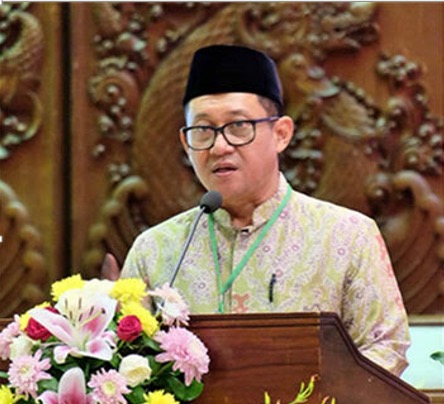


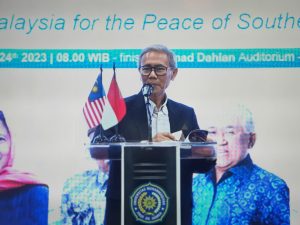
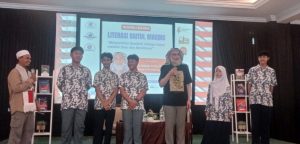
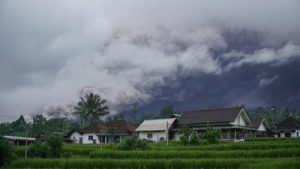
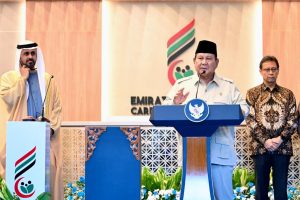
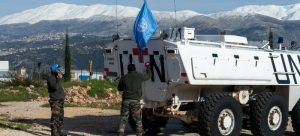


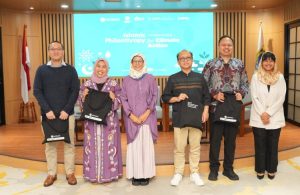
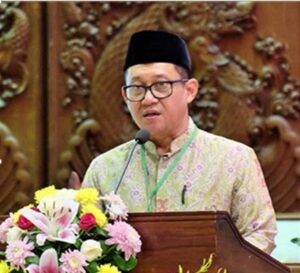
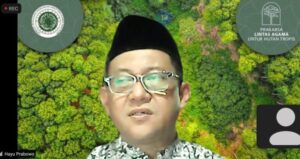
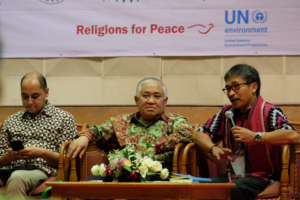
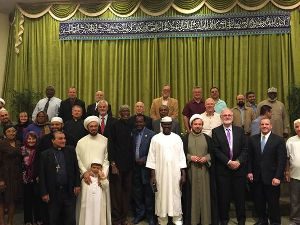













 Mina Indonesia
Mina Indonesia Mina Arabic
Mina Arabic